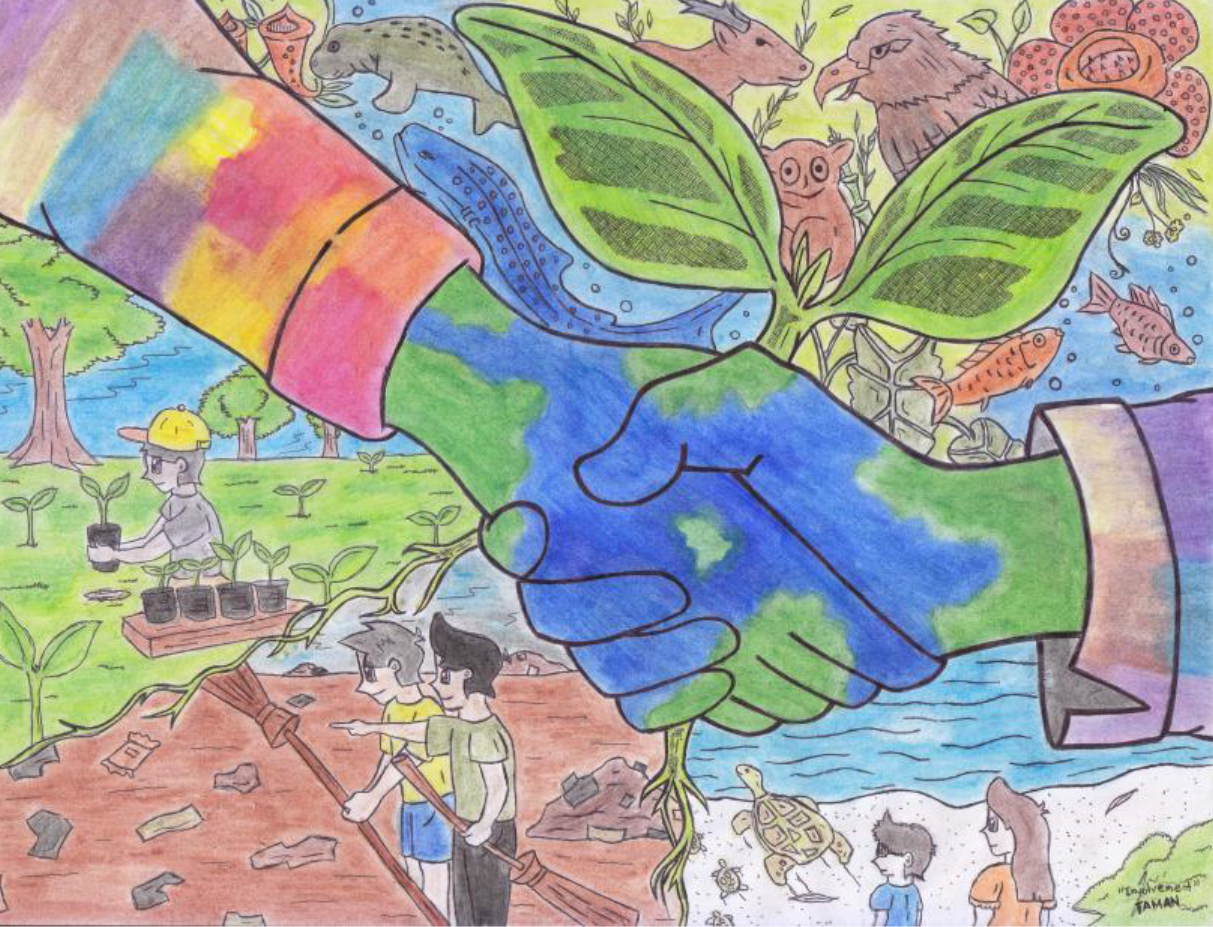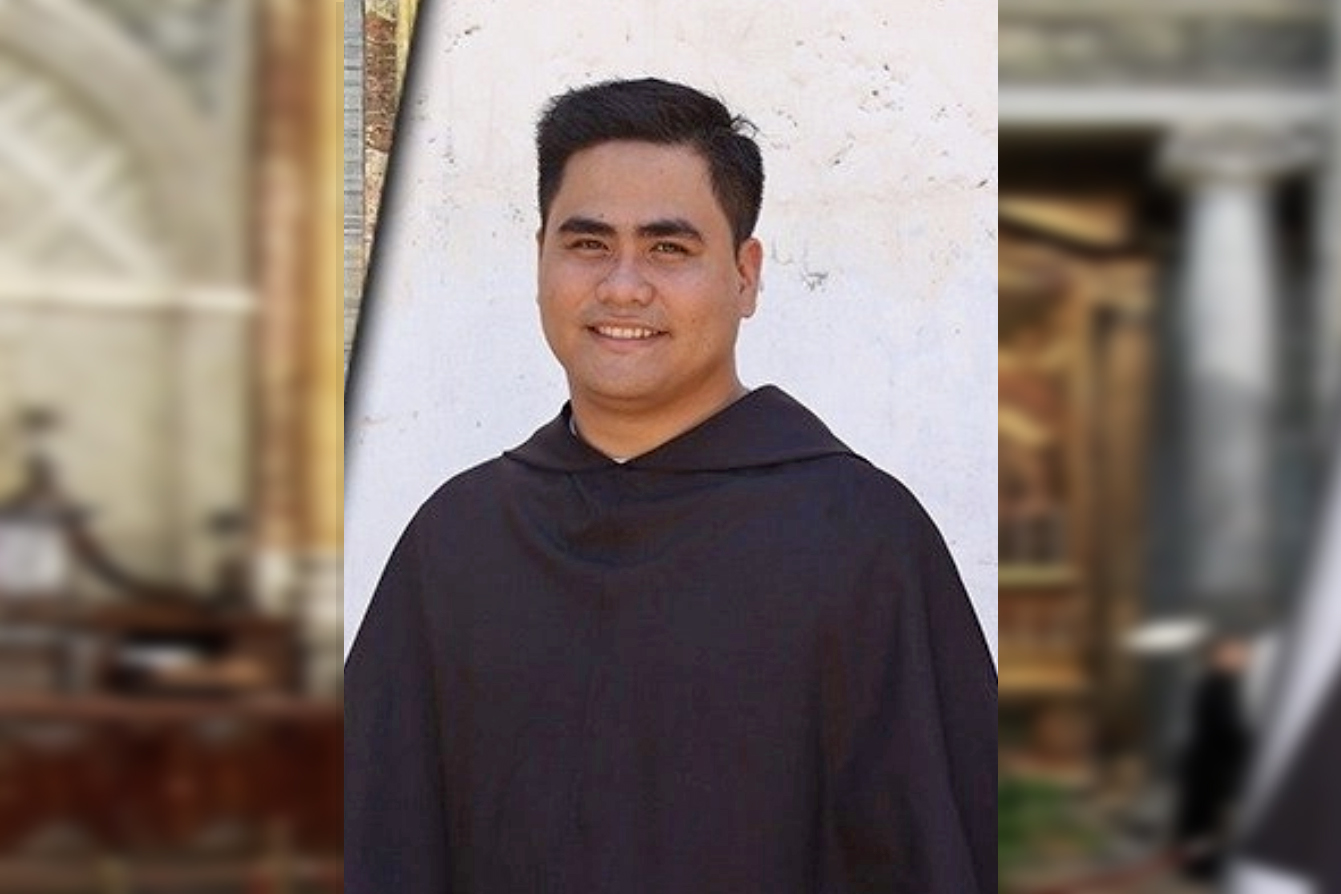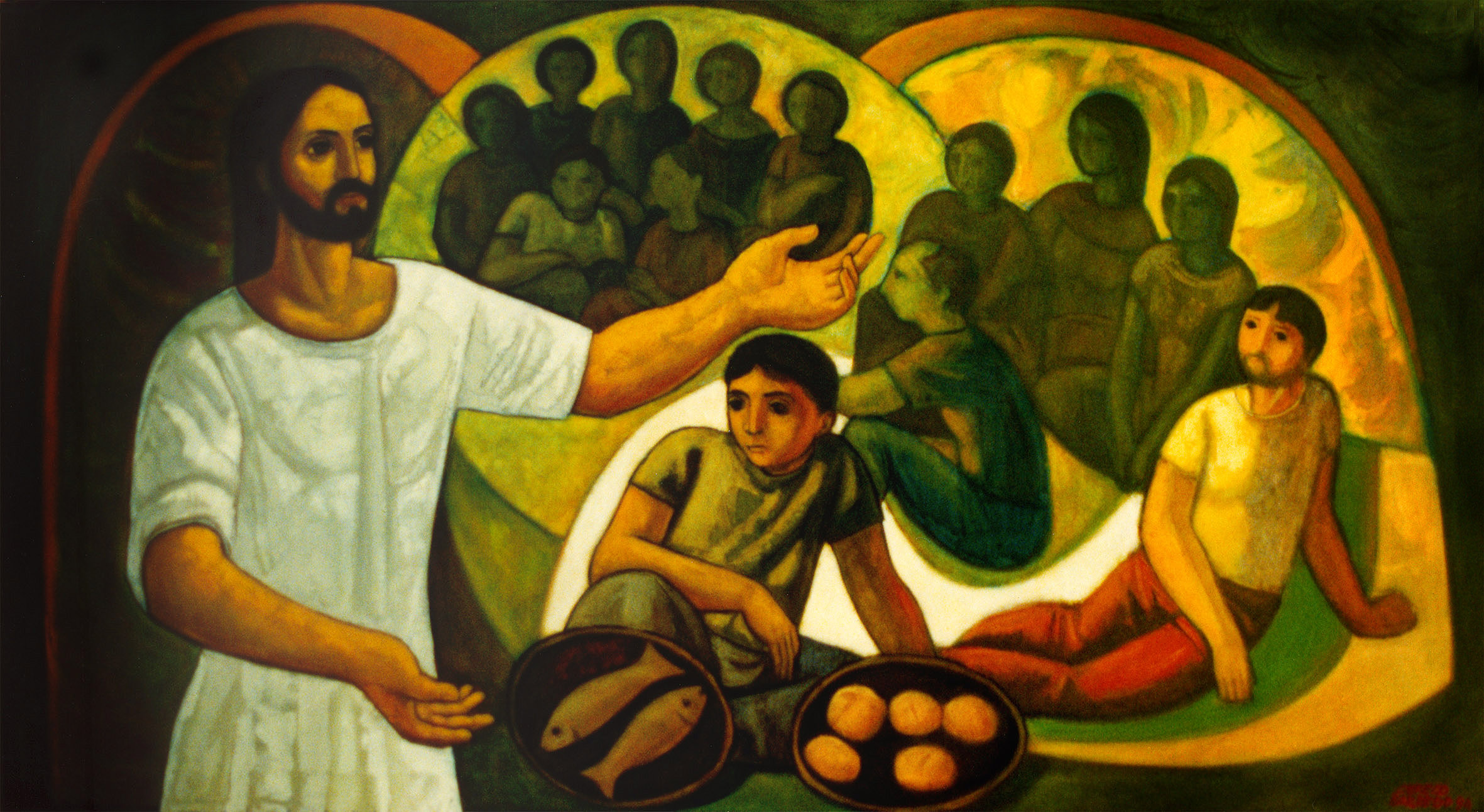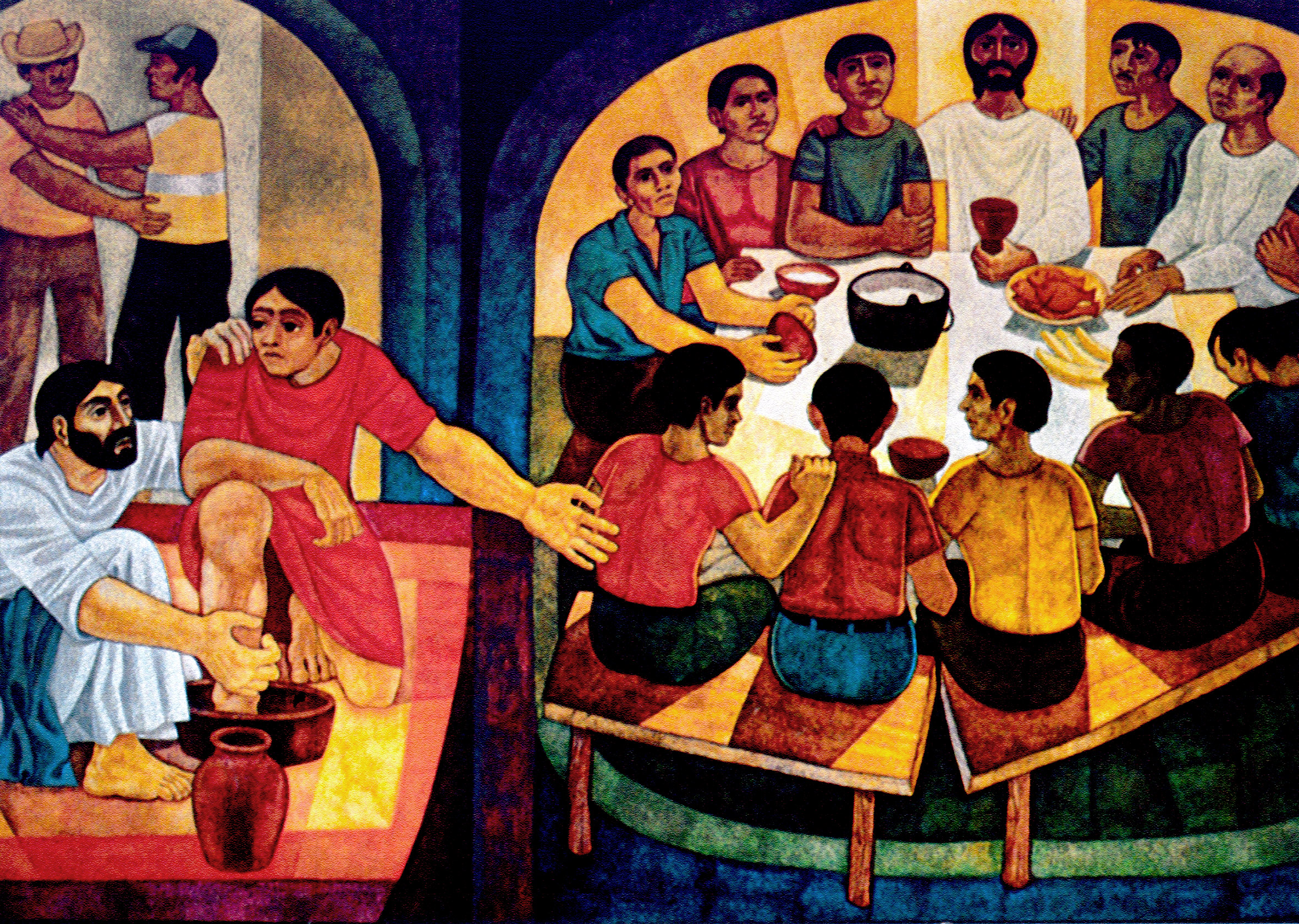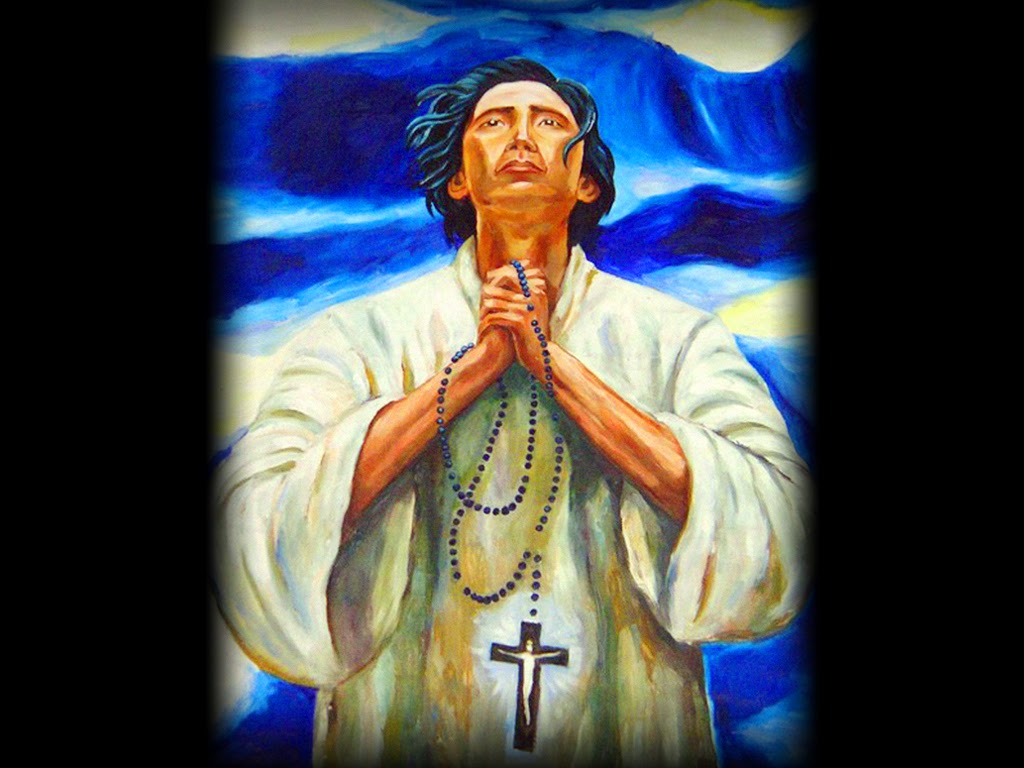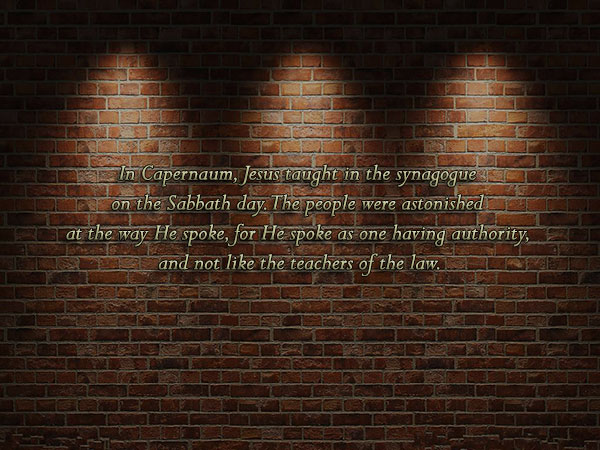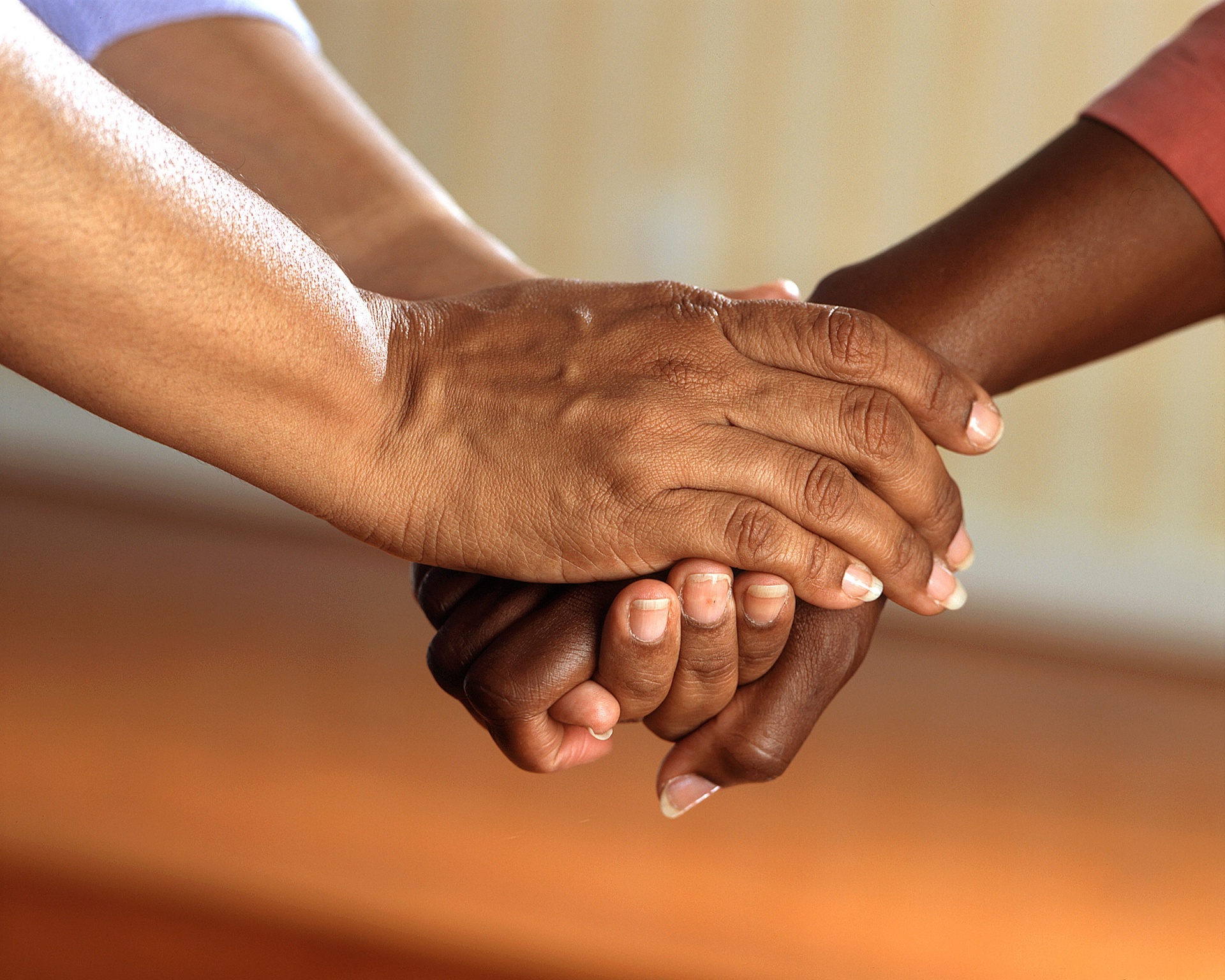
In a culture where oral tradition is a vital method of handing down wisdom, heritage, rituals, and stories, kuwentuhan is a concept and practice deeply embedded in the lives and the everyday ethos of the Filipinos. For those in the helping profession, particularly mental health, kuwentuhan, or sharing stories, is an integral and natural starting point in the holistic healing of the person. It serves as the foundation for trust, empathy, and compassion.
Kuwentuhan involves taking the time to listen to the person’s narratives and getting to know his or her history. If I go to my doctor for a stomachache and, right away, he or she prescribes some pain medication without getting to know my background and history, I would be reluctant and will probably avoid this doctor. Some of the best doctors I have dealt with always started the healing session by trying to know my history as a patient. They take the time to dive deep and first listen to my story, my history, and even the history of my parents and grandparents. They try to get to know the whole me—my family, my social relationships, my habits and hobbies, for the purpose of treating not just the current symptoms but also the causes and the underlying conditions.
Listening Can Make the World A Better Place
With the societal issues we are dealing with today, curing the symptoms is not enough. We have to dive deep and trace the problem’s history, get to the bottom of it, and treat the root causes of our ills and pain. In our social relations, in our families, and in our personal lives, our brokenness can be repaired by diving deep and deeply listening to one another’s stories. Pope Francis, in a message to an audience in March 2018, said that listening can make the world a better place. Sadly, there seems to be a shortage in the willingness and the time to listen. True dialogue cannot materialize unless it starts with the act of listening. And it’s not just the physical movement of the sound of the words bouncing from one molecule to another and eventually passing through our ear canals. True listening involves authenticity, mindfulness, vulnerability, empathy, and compassion, where the words make it all the way to the openness of our mind and heart, bukas loob (open interiority).
Seek First to Understand
“A fool finds no pleasure in understanding but delights in airing his own opinions” (Proverbs 18:2)
Stephen Covey, the author of some of the most influential books of our time including Seven Habits of Highly Effective People, said that we must be able to listen with the intent to understand. It takes effort to listen to another with the intent to sincerely hear the other’s points of view and know where the other, our kapwa (our neighbor, the self in the other), is coming from. It requires a quieting of our own thoughts, opening up our minds, absorbing the situation, and seeking to understand. Saint Francis of Assisi prayed this back in the 13th century which rings ever true once again today. May we pray with him as we ask God to grant us the grace and humility to listen: “Grant that I may not so much seek to be understood as to understand.”
It takes openness and humility to truly listen to others. As Saint Paul said: “In humility value others above yourself. Let each of you look not only to his own interests but also to the interests of others” (Philippians 2:3-4). With today’s trending emphasis on the self, on individualism and individualistic values, it is easy for us to forget the greatest commandments that Christ told us (in Mark 12:30): “Love God with all your heart, all your mind, all your soul, and all your strength. The second is this: Love your neighbor as yourself. No other commandment is greater than these.”
Loving God and Our Neighbor
Paul Tillich, one of the most influential theologians of the last century, said that the first duty of love is to listen. With the first commandment of loving God, we can simply take that first step of putting ourselves in a state where we can be fully present and listen to the voice of God speaking to our hearts. The second commandment, love thy neighbor, also entails the similar and more tangible step of first becoming fully present, to emptying our thoughts, and freeing our minds of the clutter of judgement and bias, and listening. Empty ourselves of bias and prejudice by listening to the other’s story first because biases are often made-up stories that we pre-construct in our mind about the other.
When we truly listen, we slip into their shoes as we journey with them, to feel their struggles, and to rejoice with them in their triumph. We may not always see eye to eye but at least we are having a respectful conversation where our voices matter. Listening seems like a simple and easy process but it takes work, a great deal of humility, discipline, and strength. It takes practice and exercise to really build those muscles. The good news is that the latest research in neuroscience suggests that it is possible. When we share stories, we are shaping the brain and increasing neurochemicals responsible for empathy, compassion, trust, and generosity. We need to do more kuwentuhan and let them serve as our practice and exercise to rewire not only the neurons in our brain but also our interconnectedness with one another, with our kapwa.
Listening is the half of the conversation that requires more effort and more humility. Theologian and pastor, Dietrich Bonhoeffer, once said that “people forget that listening can be a greater service than speaking.”
Sharing One Epic Story of Humankind
Listening is an act of faith and generosity. Listeners generously share their time, their presence, and their openness of mind and heart. In a time of divisiveness and discord, listening might just be the tool that we need to bridge the divide, to rebalance the dialogue equilibrium, and to remind us of our connectedness and our humanity. What we have been facing as a society in recent years is not just a crisis of social justice but of spirituality. Listening may just lead us to rediscover that our individual stories, though many and diverse, are just part of one large interwoven epic story, of one body and one spirit.
“There is one body and one Spirit, just as you were called to one hope when you were called; one Lord, one faith, one baptism; one God and Father of all, who is over all and through all and in all” (Ephesians 4:4-6).
Note: This article first appeared in Mind & Spirit Magazine.
About the Author:
BJ Gonzalvo, PhD, is a psychologist and an immigrant from the Philippines (now
living in Washington) whose research focuses on retracing the indigenous roots
of his core value of kapwa to help reframe and rediscover the sacredness
of our interconnectedness. His writing, where he often integrates culture,
psychology, and spirituality, has appeared in Northwest Catholic, Busted
Halo, FilCatholic, and Mind & Spirit. He is the author of
Lead Like the Saints (Paulines, 2019) and an
upcoming book, Gift of Kapwa (2021).


